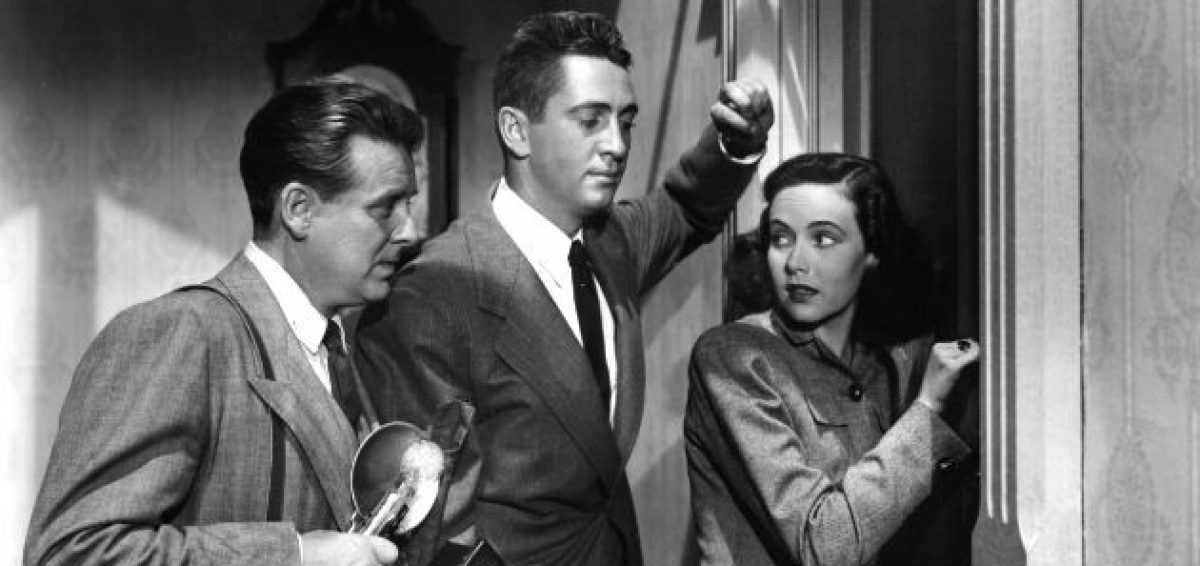

“Beyond a shadow of a doubt” and similar phrases mean “absolutely true, without any possibility of negation” applied to a statement of fact. You’re in no position to spend $600 on an awesome vacuum cleaner, so you might as well buy ours.” Thanks, guys, I feel poorer already. But then they pointed out, rather bluntly, “Let’s face it. Suddenly, even though we own two elderly but functional Sears vacuum cleaners, I wanted a Dyson. It could have been an unusually informative Dyson commercial. It’s a cheap imitation Dyson, and they spent the first few minutes lavishly praising the real Dyson and its supposedly awesome virtues. I saw a weirdly fascinating one for a vacuum cleaner the other day. I’ve been hearing the “without” version on stupid late-night infomercials. Dear Word Detective: I’ve got two questions for you: 1) where did the phrase “beyond a shadow of a doubt” come from, and 2) which is more correct, “beyond a shadow of a doubt” or “without a shadow of a doubt”? I believe the latter is not right, maybe because doubt probably casts a long shadow no matter what, so you want to be beyond that shadow.


 0 kommentar(er)
0 kommentar(er)
